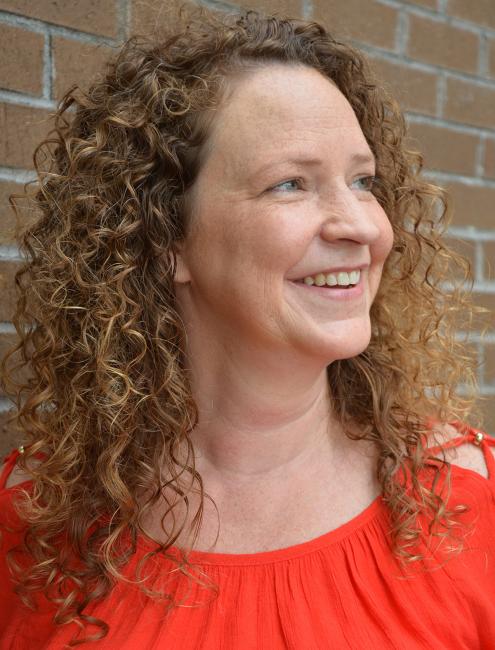
Is a smart phone app the answer to increasing support and improving well-being among individuals under community supervision? A team of researchers led by two Florida State University scholars intends to find out with the help of a $1.9 million grant from the National Institute of Justice.
Carrie Pettus-Davis, executive director and founder of the Institute for Justice Research and Development, and Sudhir Aggarwal, professor of computer science at FSU, are co-principal investigators for the project. They will partner with Marcus Rogers and Umit Karabiyik at Purdue University and Tathagata Mukherjee and Haeyong Chung at the University of Alabama at Huntsville.
Researchers will engage in a 4-year study using artificial intelligence techniques within an app and a wearable device to provide support to individuals as they leave incarceration and come home.
“We are applying the full power of technology to respond to, arguably, the greatest challenge to implementing data-driven criminal justice reforms — the fact that we just don’t have the human capacity to support and address the complexities of individuals’ lives who are justice-involved,” Pettus-Davis said. “This solution can get us on a path to substantially reduce the size of our criminal justice system, which is desperately needed in our country.”
The study will involve 250 individuals on community supervision in Indiana. Participants will be randomly assigned to a treatment group where they will participate in the smart phone app assisted supports or to a comparison group where they will participate in conventional community supervision services.
Researchers said these artificial intelligence features will help study participants stay engaged with a human being as immediate needs for support arise throughout their day, rather than relying on weekly office visits. In addition, the team hopes the app will learn triggers and protective factors for the wearer and will be able to activate interventions conducted by a virtual practitioner when a human is not available.
“The whole idea is to help people who have been out of our communities get adjusted to a changed and rapidly changing world,” Aggarwal said. “Artificial intelligence is changing too, and we think it can help with that adjustment. As the artificial intelligence discipline matures, it hasn’t been applied much to social sciences. We think it’s time.”
The app also will assist individuals under supervision by sharing job opportunities with the participants based on their skill and geographic area and incorporate intelligent tracking to provide supervisory officers with early warning information so that they can connect with the individual and help them to get back on track before they get into trouble.
“What is so exciting about this multidisciplinary research is that we’ve been able to develop a shared language around human services intervention and computer science — two disciplines that have not historically worked together,” Pettus-Davis said.
Each university will receive an equal split of the $1.9 million grant from the U.S. Department of Justice’s National Institute of Justice. It is one of the largest awards the NIJ has ever provided.
For more information on the Institute for Justice Research and Development, visit ijrd.csw.fsu.edu.




